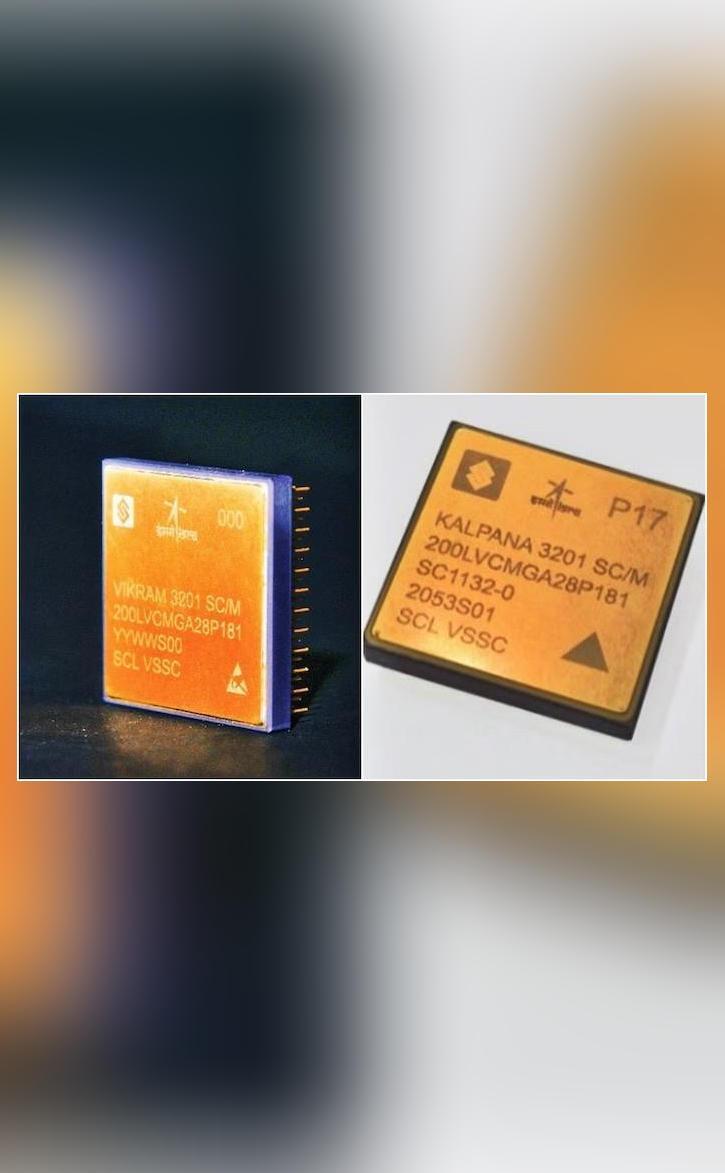
ISRO & SCL develop 32-bit microprocessors for space applications
In a significant achievement for the Indian space industry, the Indian Space Research Organisation (ISRO) and the Semiconductor Laboratory in Chandigarh have jointly developed two 32-bit microprocessors, VIKRAM3201 and KALPANA3201. These microprocessors have been designed specifically for space applications, and their development is a testament to India’s growing capabilities in the field of space technology.
The VIKRAM3201 microprocessor is particularly noteworthy as it is the first fully “Make-in-India” 32-bit microprocessor that has been qualified for use in the harsh environmental conditions of launch vehicles. This achievement marks a major milestone for the Indian space industry, as it demonstrates the country’s ability to design and develop complex electronic systems for space applications.
The development of the VIKRAM3201 and KALPANA3201 microprocessors is a result of a collaborative effort between ISRO’s Electronic and Telecommunication Engineering Centre (ETEC) and the Semiconductor Laboratory in Chandigarh. The two organizations have worked together to design, develop, and test the microprocessors, which have been manufactured using a 65-nanometer technology.
The VIKRAM3201 microprocessor is a high-performance, radiation-hardened device that is designed to operate in extreme temperatures, ranging from -55°C to 125°C. It has a clock speed of 200 MHz and is capable of processing complex algorithms and tasks. The microprocessor is also designed to withstand the harsh conditions of a launch vehicle, including high levels of radiation, vibrations, and extreme temperatures.
The KALPANA3201 microprocessor, on the other hand, is a lower-power device that is designed for use in smaller satellites and other space-based applications. It has a clock speed of 100 MHz and is capable of processing simpler tasks and algorithms. The microprocessor is also designed to operate in extreme temperatures and is resistant to radiation.
The development of these microprocessors is expected to have a significant impact on the Indian space industry. The use of indigenous microprocessors will reduce the country’s dependence on foreign suppliers and enable ISRO to develop more complex and sophisticated space-based systems. The microprocessors will also be used in a range of applications, including navigation, communication, and scientific research.
In addition to their use in space-based applications, the VIKRAM3201 and KALPANA3201 microprocessors are also expected to have a broader impact on the Indian economy. The development of these microprocessors will create new job opportunities and stimulate innovation in the field of electronics and microelectronics. The microprocessors will also be used in a range of industries, including automotive, medical, and consumer electronics.
The development of the VIKRAM3201 and KALPANA3201 microprocessors is a testament to the growing capabilities of the Indian space industry. The Indian government has been actively promoting the development of space-based technologies and has established a number of initiatives to support the industry. The development of these microprocessors is a significant achievement for the Indian space industry and demonstrates the country’s ability to compete with international peers.
In conclusion, the development of the VIKRAM3201 and KALPANA3201 microprocessors by ISRO and the Semiconductor Laboratory in Chandigarh is a significant achievement for the Indian space industry. The microprocessors have been designed specifically for space applications and are expected to have a significant impact on the industry. The development of these microprocessors is a testament to the growing capabilities of the Indian space industry and demonstrates the country’s ability to compete with international peers.






